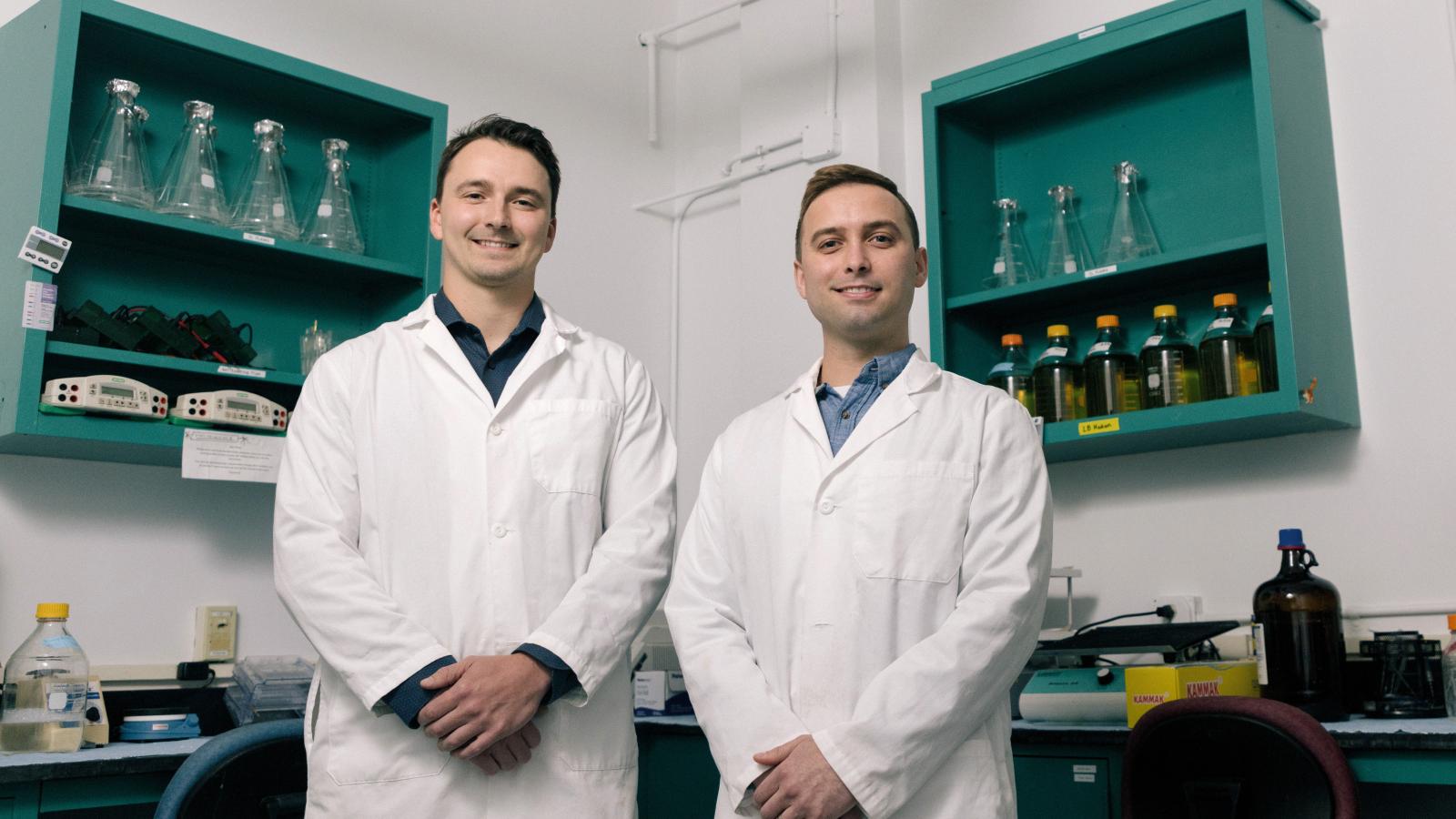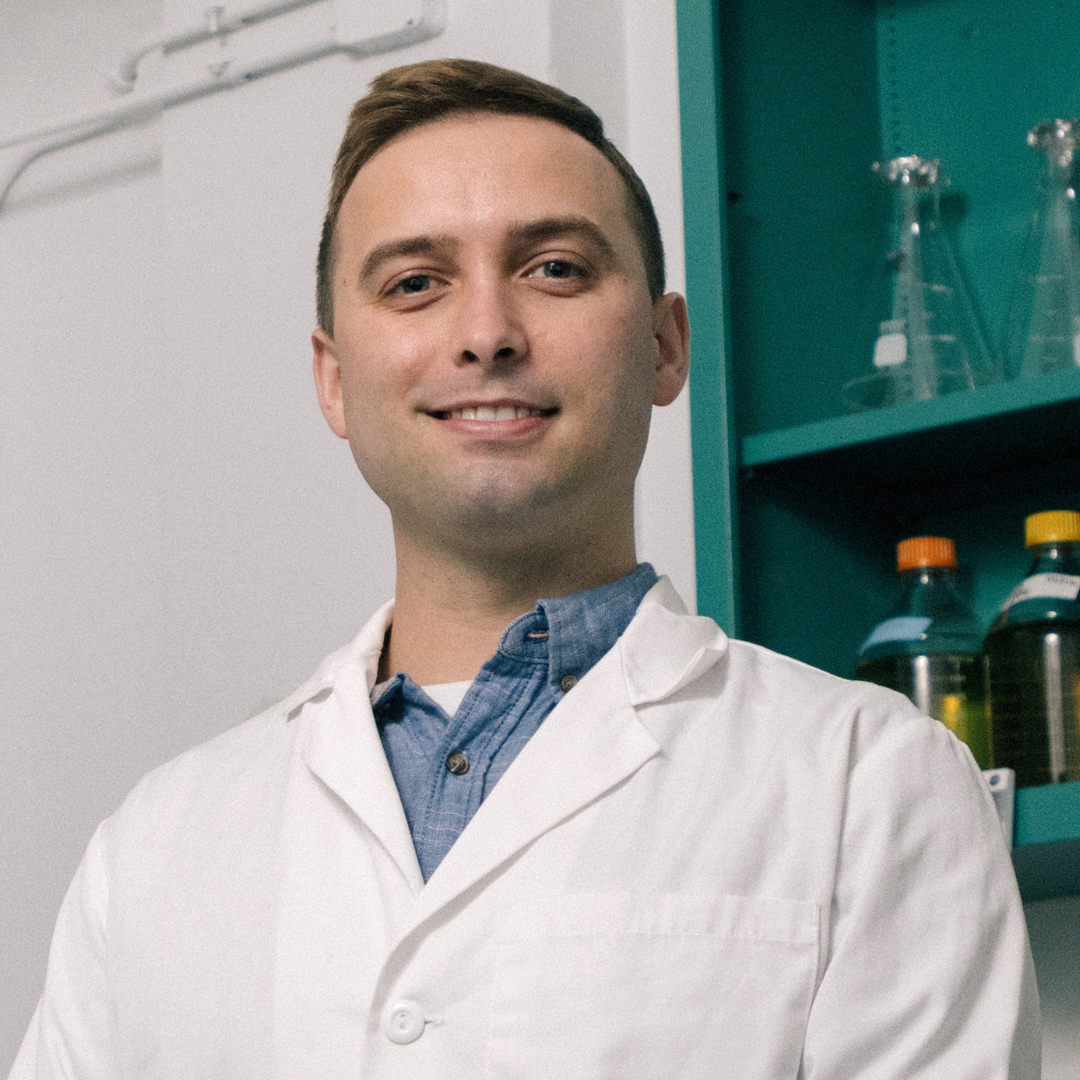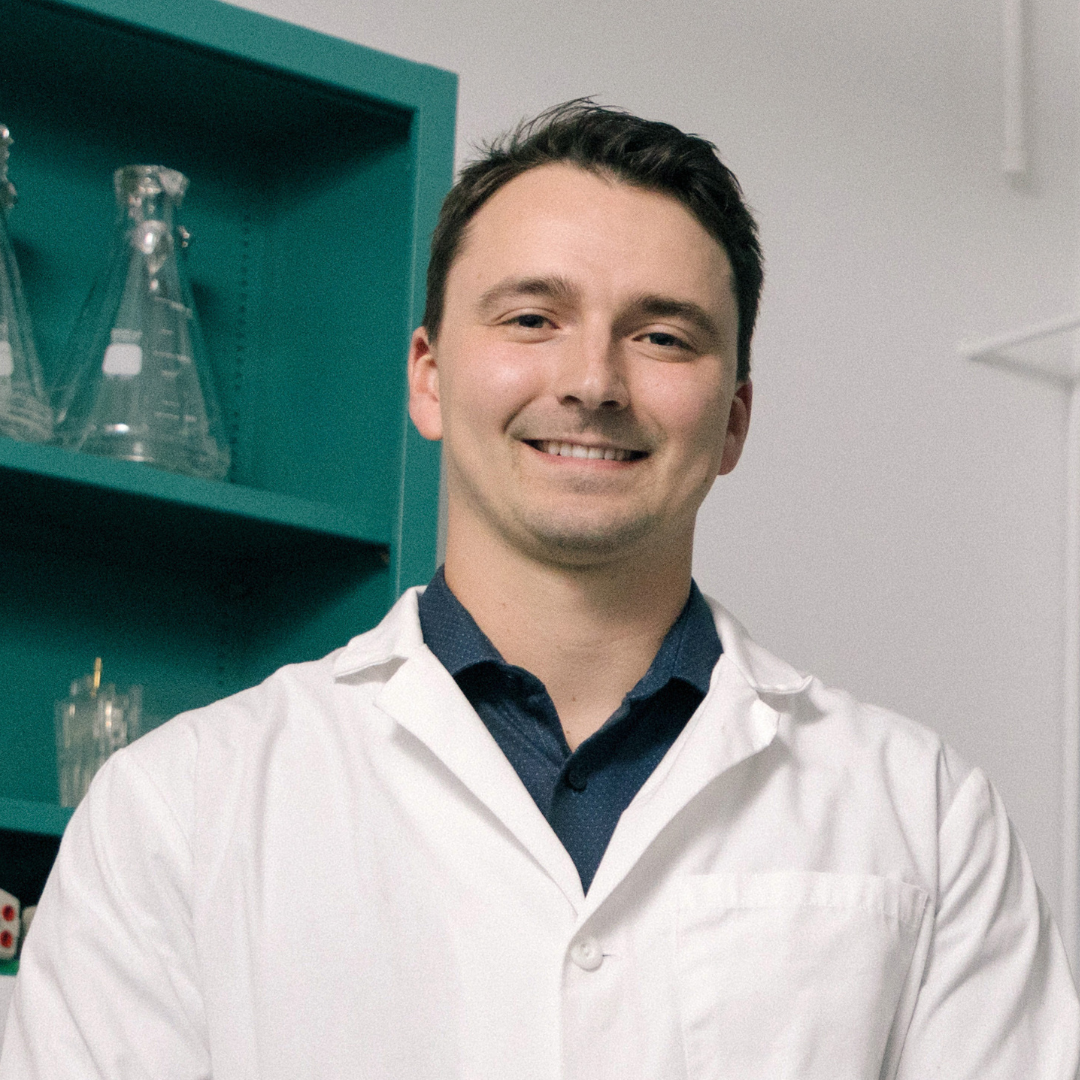
More Than Lyme Disease
The chimeritope technology developed in Dr. Marconi’s lab is not just being applied to Lyme disease. His lab is full of students and postdoctoral researchers who are all working hard to develop vaccines and diagnostics for other important diseases.
The approach that we’re using can be applied to any infectious agent. We see the potential to use this chimeritope technology to develop vaccines for many different pathogens.
Richard T. Marconi, Ph.D., professor, Department of Microbiology and Immunology at the VCU School of Medicine
Leptospirosis

Edward Schuler, Ph.D., is a postdoctoral fellow who graduated from the Marconi Lab in 2022 but has stayed on to finish the job he began as a student.
His sights are set on developing vaccines and diagnostics for leptospirosis, a bacterial disease that affects humans, livestock, companion animals and wildlife. It is not tick-borne but is found in and passed through urine and bodies of water contaminated by urine. Cases of leptospirosis are on the rise as outbreaks are associated with heavy rain, hurricanes or floods when people may have to wade through contaminated water or use it for drinking or bathing.
Without treatment, leptospirosis can lead to kidney damage, meningitis (inflammation of the membrane around the brain and spinal cord), liver failure, respiratory distress and even death.
An estimated 1 million cases occur globally each year, resulting in nearly 60,000 deaths. It also takes an economic toll on the livestock industry and companion animals.
Dr. Schuler is optimistic about his progress against leptrospirosis, and he credits much of that to working in Dr. Marconi’s lab. “Rich is at the forefront of the institution-to-product pipeline. Other labs come up with the ideas, but there’s not much infrastructure to generate a usable product. Here we have a proven process and pipeline demonstrated by the Lyme vaccine. And we’re able to use the chimeric technology developed here to apply it to new challenges.”
And it’s vitally important, he said, to address these new challenges. “Leptospira are ubiquitous. No matter where you go, you’re coming into contact with Leptospira. Significant numbers of serum samples from every species of mammal that we have screened have tested positive for exposure or active infection. In humans, many aseptic meningitis cases are actually leptospirosis. It’s always out there.”
Ehrlichiosis

Nick Cramer, a Ph.D. candidate, came to the Marconi Lab because he had a background in studying tick-borne diseases but wanted to find a lab focused on translational science so he could develop vaccines and other interventions for animals and humans.
When he arrived, he set out to find his own niche within the Marconi Lab umbrella, and he did so by studying ehrlichiosis.
Early signs and symptoms of ehrlichiosis, a tick-transmitted bacterial disease, include fever, chills, severe headache and muscle aches. If antibiotic treatment is delayed, ehrlichiosis can sometimes cause severe illness resulting in damage to the brain or nervous system, respiratory failure, uncontrolled bleeding, organ failure or death.
“This is important because tick populations and tick-borne diseases, already prevalent in Virginia, are spreading across the Northern Hemisphere,” he said. “The problem is only getting worse.”
He added that health care providers still don’t have a great understanding of how big the problem actually is. “Ehrlichiosis cases are underreported because there are no rapid point-of-care diagnostic tests available for use in humans,” he said. “For humans, really the only time they’re tested is when they’re already hospitalized, and the number of people hospitalized is going up year over year.”
In addition to a vaccine, a rapid point-of-care test would help fight and monitor the disease. He’s working on both — first for dogs, then using the lab’s proven steps for transitioning into human applications.
“The prevalence of all tick-borne disease is increasing,” Cramer said. “To mitigate this burden, the best thing we can do is get in front of it and prevent people from experiencing these terrible symptoms so they don’t have to go through this, and so they can have a chance at a better quality of life.”